In the English language, determiners are used before a noun to introduce it or to provide more information on the noun, such as how many there are. If there are any adjectives before the noun to describe it then the determiner will also come before them.
When introducing singular nouns, a determiner is always required. However, if you are introducing plural nouns then the use of a determiner beforehand is optional.
What are the different types of determiners?
Generally speaking, there are four different types of determiner words. These articles, demonstratives, quantifiers, and possessives.
Articles:
Articles are largely considered to be the most commonly used determiners. In the English language, there are three specific articles that can be used. These are ‘a’, ‘an’, and ‘the’. They are used to identify the noun which the speaker is referring to.
If the noun begins with a vowel then ‘a’ is used, and if it begins with a consonant, then ‘an’ is used. For example:
- A child
- An amazing child
- An aeroplane
- A big aeroplane
- A dog
- An energetic dog
However, if the sentence was talking about a specific dog, then ‘the’ would instead be used. For example:
The dog carried a stick
The aeroplane was very noisy
Demonstrators:
Demonstrative pronouns are another kind of determiner, consisting of ‘this’, ‘that’, ‘these’, and ‘those’. that are used when the noun in question is there and can be pointed to. For example:
- I like this cake
- These bananas are very ripe
- I wanted that slice of pizza
- I want those shoes
Quantifiers:
Quantifying determiners specifically tell you how much, or what proportion of, the noun is being referred to. Examples of the are all, many, few, some:
- He ate all the cake
- Many people like pizza
- All of the boys will be there
- Few children like brussel sprouts
As seen above, ‘all’ can also be used in conjunction with other determiners, such as ‘the’ to specify what proportion of the noun in question is meant.
Possessive determiners:
Some nouns can belong to someone or something in particular. When this is the case, possessive pronouns can be used to identify said ownership. These can include ‘my’, ‘your’, ‘her’, ‘his’, ‘our’, and ‘their’. For example:
- You are my best friend
- This is his car
- The dog wagged its tail
- Where is her phone?
- Today is our anniversary
- Their favourite band was playing
The possessive pronoun is not affected by whether the noun is singular or plural.
While they come naturally to most native English speakers, determiners can often be confusing to people learning the language. This is because there are so many different types of determiners.
By familiarising yourself with the definitions of determiners, as stated above, it can become much easier to identify which ones should be used in which sentences. If you are still struggling, try to compare the sentence that you are trying to say with the examples used above, and work out which one it is most similar to in structure.











